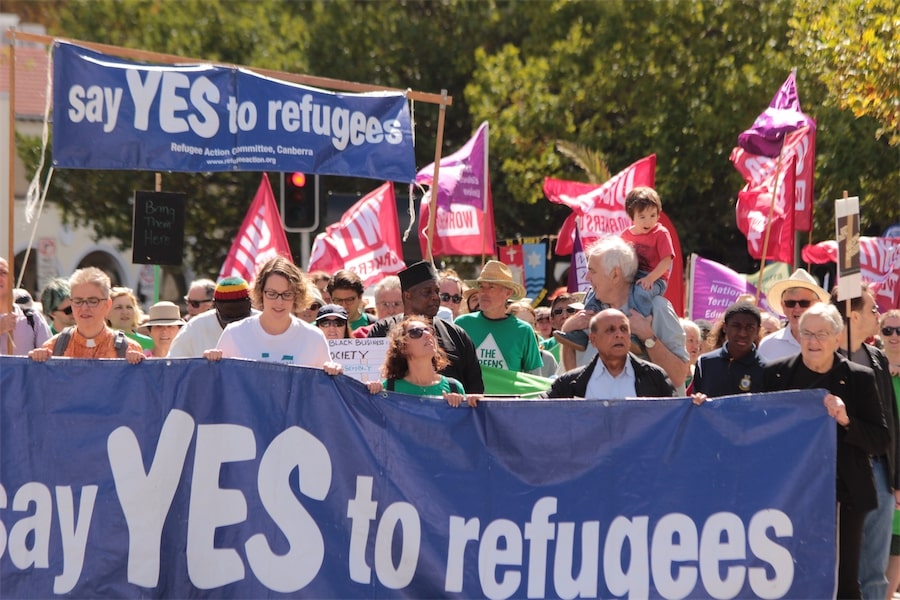
“We have seen an upsurge in far-right politics that has been heavily based on the refugee and immigration issue, but it will affect many people other than refugees,” writes JOHN MINNS.
Although the polling shows that very few Australians will decide how to vote in May based on the major parties’ policies on refugees, the stakes about those policies are high.
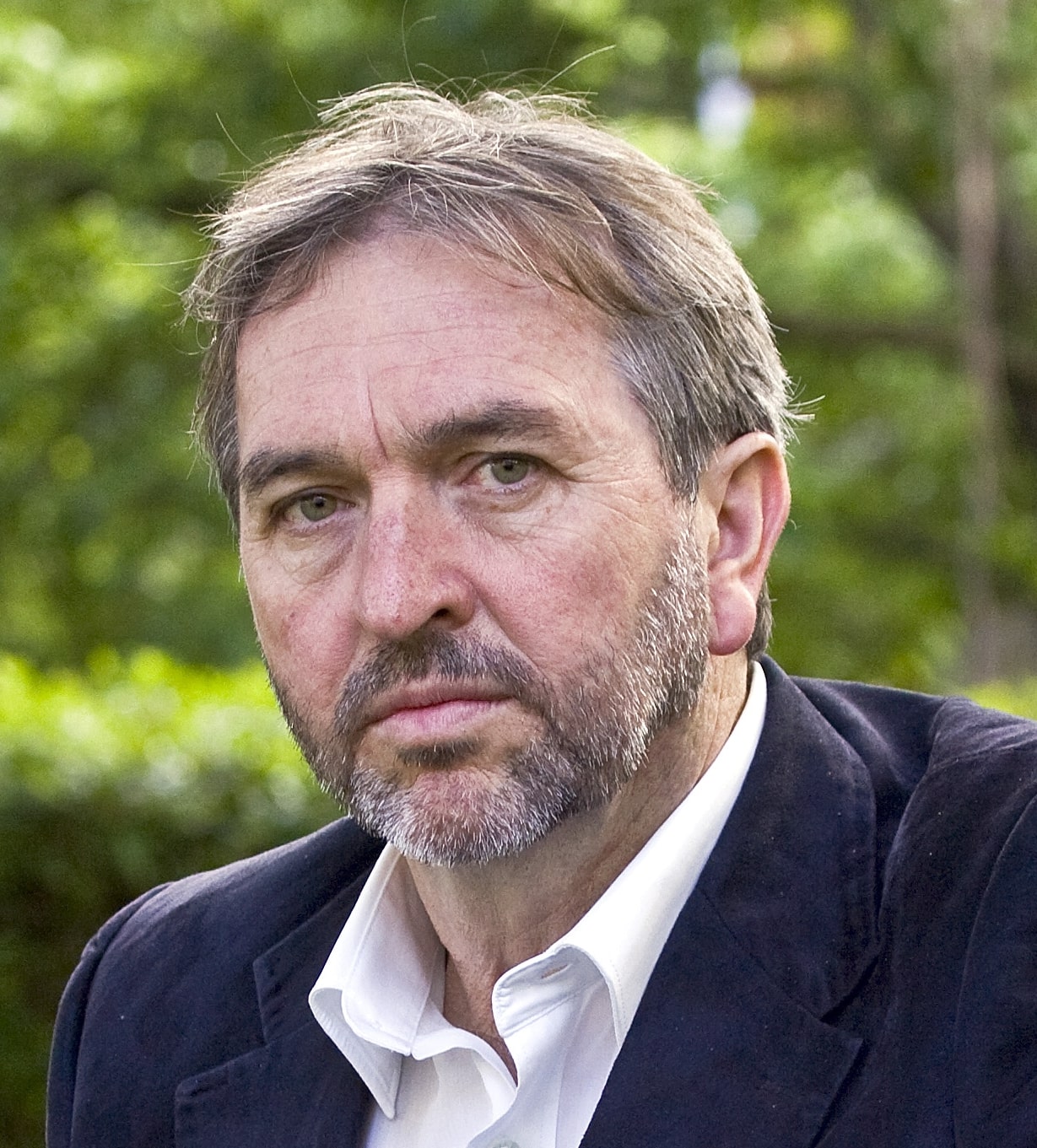
Partly, this is about the refugees themselves. I recently met an 18-year-old Tamil man named Abishek, whose family fled horrific violence in Sri Lanka when he was not yet six years old.
Abi and his family were among the thousands who have failed the so-called “fast-track” process of refugee assessment. It was a process deliberately designed to make people fail.
And fail they did – success rates plummeted. Thankfully, Labor has abolished it. But it has done nothing to help those like Abi – who exist in a twilight visa zone without permanent residence or any path to citizenship.
As a result, since he finished school last year, he has no right to work or to study. As his classmates head for university or vocational education, Abi has no right to any education of any kind – even if self-funded.
But the stakes are still higher than this. The last decade has seen more refugees and displaced people than ever – more than 120 million. But political parties in many developed countries such as Australia have not only hardened their positions towards these people, but have sought to make political capital by being “tougher” than their opponents.
In Europe, far-right parties have made opposition to refugees from the Middle East and Africa a centrepiece of their appeal. In Germany, the Federal election in February propelled the uber-right Alternative for Germany (AfD) into second place – by far the greatest success enjoyed by a party so far out on the right since World War II.
The Austrian Freedom Party – originally formed by former Austrian SS officers – also targeted refugees. The September elections made it the largest party in the country.
Victor Orban won another landslide victory last year in Hungary – making him the longest serving leader in the European Union. He has vowed never to accept a single Muslim refugee – who he has called “Muslim invaders”. Orban’s Islamophobia sits alongside barely concealed antisemitism: his election campaigning featured prominent attacks on George Soros and his son (who are Jewish) as figures supposedly secretly manipulating Europe.
In Italy, the government led by Georgia Meloni is also the most right-wing since Mussolini. That isn’t surprising since she was an activist in the MSI – a party set up by admirers of Il Duce. Again, opposition to refugees has been a critical part of her path to power. Imitating Australia’s offshore detention centres on Manus Island and (still currently) on Nauru, she is now attempting to send refugees to camps in Albania.
Although she lost in the last round of the presidential elections in 2022, Marine Le Pen still won 41.45 per cent of the vote in France – again the highest ever for a far-right leader – by campaigning against non-European (especially Muslim) refugees and immigrants.
So too, the success of Nigel Farage’s Reform party in the UK has largely been based on the same policies and rhetoric. Nearly three-quarters of those considering voting for Reform, name immigration as their main reason for doing so. Reform, according to the latest polls is now just one percentage point behind Labor and four points ahead of the Conservatives.
Far-right, anti-immigration parties have also prospered in Denmark, Finland, Greece, the Netherlands, Norway, Sweden and Switzerland.
And then, there is Trump. He campaigned on deporting more people than ever, with camps at the border, and raids on schools and workplaces. His claim – never retracted – that Haitian immigrants were eating people’s cats and dogs and that immigrants were “poisoning the blood” of the country – seems to have worked. In the November election, 82 per cent of Trump voters said immigration was very important to their vote – an increase from 61 per cent in 2020.
In all these cases, the far-right has connected anti-immigration to other concerns – jobs, welfare, crime, drugs, terrorism.
The economic policies of these parties of the far-right are varied. Some are extreme neo-liberals, others argue for more state intervention. Some are globalists, others protectionist. In some cases, individual parties – such as the AfD – are sharply divided internally on these questions. There is only one element of consistency within and between them – opposition to non-white immigration. Refugees are the most visible parts of that immigration intake.
We have seen an upsurge in far-right politics that has been heavily based on the refugee and immigration issue, but it will affect many people other than refugees. These parties and leaders threaten women’s rights, LGBTI rights, and the rights of people of colour. It has already led to greater authoritarianism and restrictions on press freedom – spectacularly so in Hungary – and now spreading to others – including the US.
Australia’s involvement in this has been to provide a template for “tough” refugee policies: mandatory, indefinite detention without charge or trial, and offshore detention in poor countries paid to imprison people who have come to us in search of safety. Indeed, former Prime Minister Tony Abbott and former Foreign Minister Alexander Downer have preached for the “Australian solution” as some on the European far-right have chillingly termed it.
On Palm Sunday, April 13, this year thousands of people will rally in Canberra knowing that the stakes involved are about Abi. But they are also about the political future for the rest of us as well.
John Minns is Emeritus Professor of Politics and International Relations at the ANU and an activist in the Refugee Action Campaign in Canberra. The Palm Sunday rally, Civic Square, 1pm-3pm, April 13.
Who can be trusted?
In a world of spin and confusion, there’s never been a more important time to support independent journalism in Canberra.
If you trust our work online and want to enforce the power of independent voices, I invite you to make a small contribution.
Every dollar of support is invested back into our journalism to help keep citynews.com.au strong and free.
Thank you,
Ian Meikle, editor

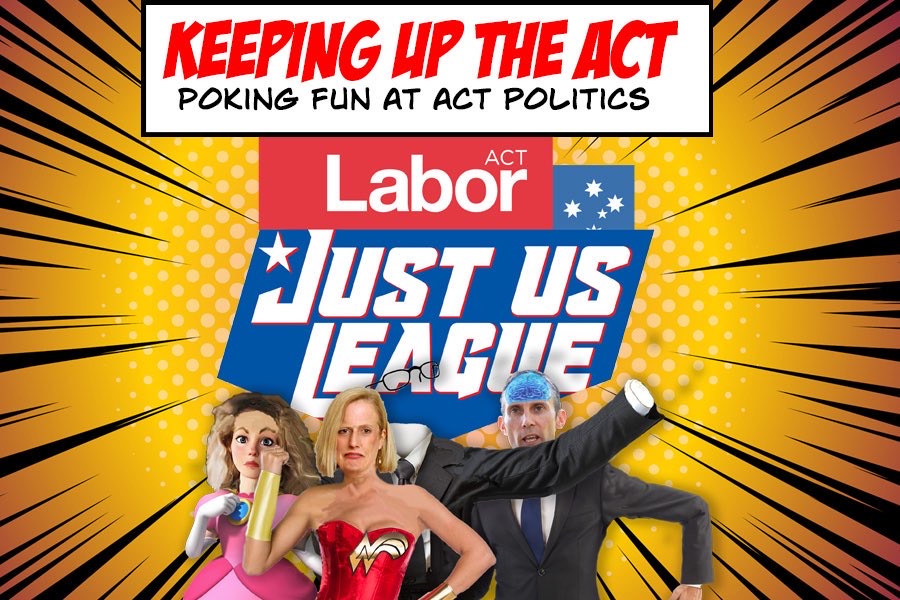
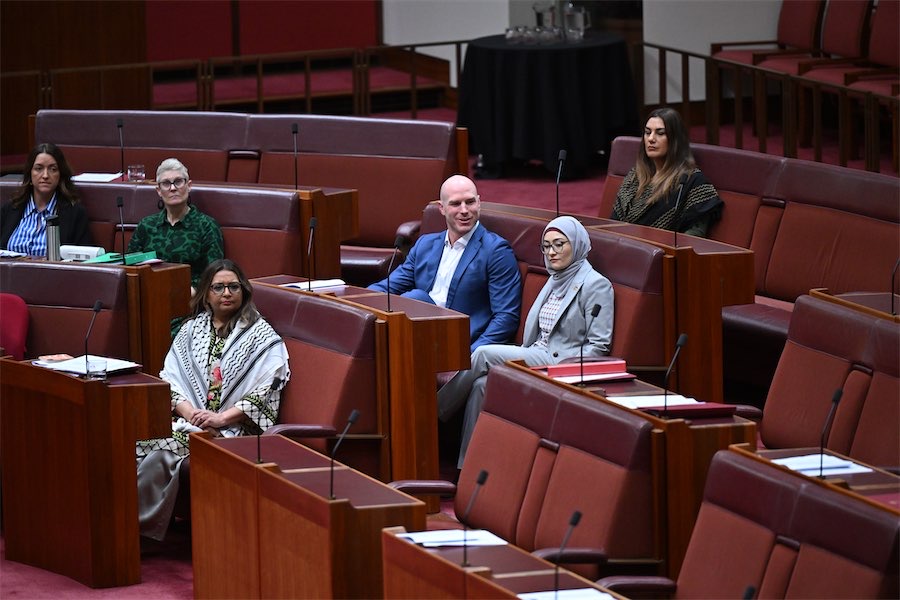
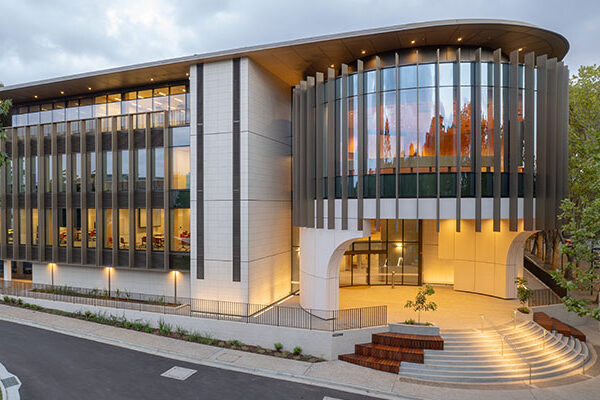





Leave a Reply